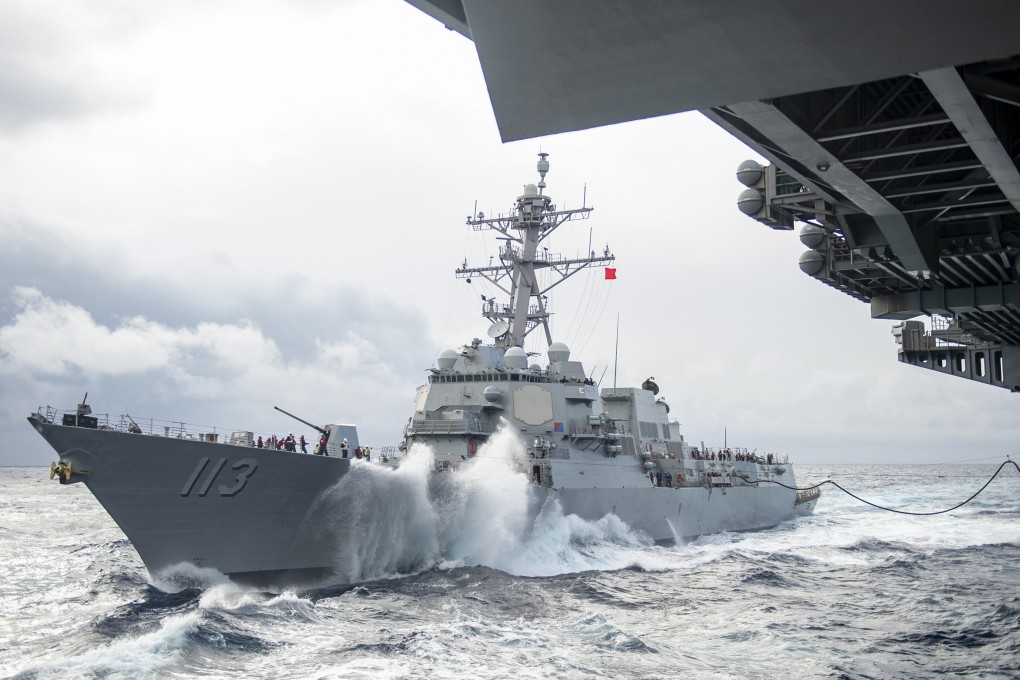China’s ability to invade Taiwan ‘much closer than most think’, US Indo-Pacific Command nominee says
- ‘We have to take this on, put those deterrence capabilities like [the Pacific Deterrence Initiative] in place in the near term and with urgency,’ admiral says
- ‘Conventional deterrence to avoid crisis or conflict is certainly the main effort as I would see it,’ he adds

“We have to take this on, put those deterrence capabilities like [the Pacific Deterrence Initiative] in place in the near term and with urgency,” Aquilino said, referring to a mandate written into the 2021 National Defence Authorisation Act to fulfil the national defence strategy and maintain a military edge over China.

“I worry that they’re accelerating their ambitions to supplant the United States and our leadership role in the rules-based international order,” Davidson told the same Senate committee on March 9. “They’ve said that they want to do that by 2050. I’m worried about them moving that target closer. Taiwan is clearly one of their ambitions before that. And I think the threat is manifest during this decade, in fact in the next six years.”
Cotton also reiterated a concern expressed this month by H.R. McMaster, the retired three-star Army general who served as national security adviser to former president Donald Trump, that the months after the Winter Olympic Games in Beijing in 2022 should be seen as a period of “greatest danger” in terms of China’s willingness to resort to military force in the region. The senator pointed to Russia’s annexation of Crimea just days after the country hosted the Winter Olympic Games in 2014.